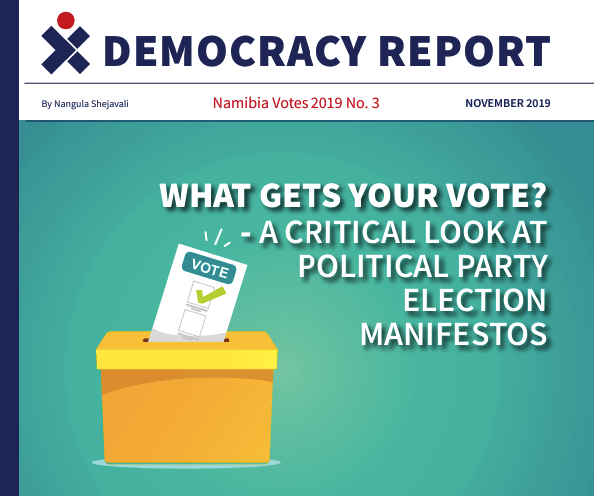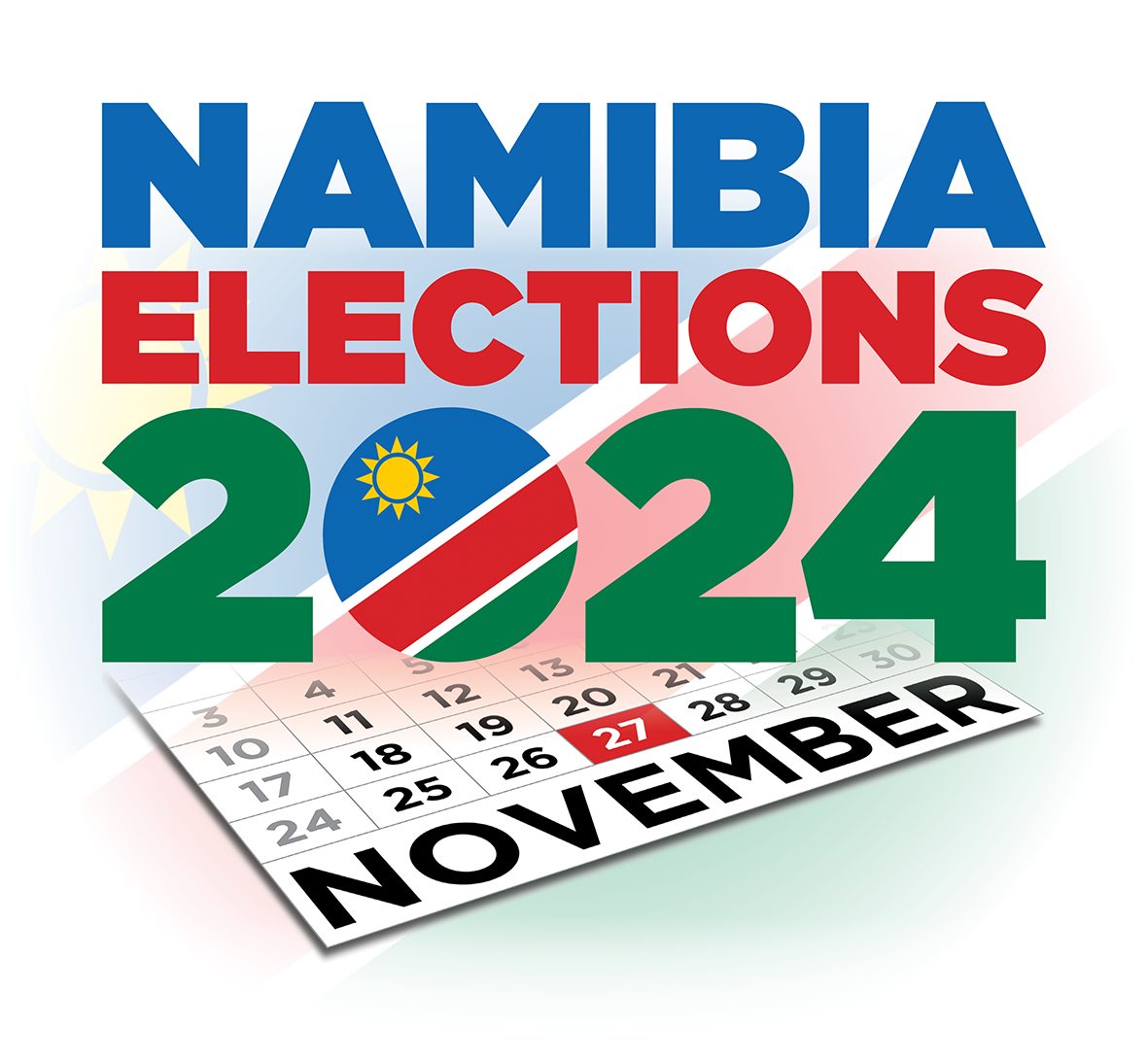IMAGE: Namibia Fact Check
Most Namibians probably don’t bother to read through manifestos to see how parties are promising to change their lives. This needs to change
With just about six months to go to the 27 November 2024 parliamentary and presidential elections, political parties are once again in the process of crafting manifestos and compiling their promises to the electorate.
Historically, political party manifestos have been relatively hard to access, even for the media, because once political parties have held their splashy manifesto launch events they have tended not to make the document as accessible as possible to the voting public. This probably reflects a recognition that, aside from the media, actually only a very small part of the electorate tends to take the time to go through these manifestos critically, if they can get hold of them.
Given the perceived low interest among voters in actually engaging with manifestos it is understandable why political parties don’t bother with the expense of printing many copies or publishing it prominently on a party website or producing and posting social media explainers of the high points.
On the other hand, the way Namibian political parties have historically handled their manifestos has been criticised as “taking voters for granted”.
Communicating intentions
Manifestos are essentially a sales pitch to voters. In other words, the manifesto is ideally a political party’s catalogue of commitments to the voter.
According to an November 2019 assessment of party manifestos by the Institute for Public Policy Research (IPPR), manifestos serve three important purposes:
- Manifestos provide a comprehensive summary of party positions.
- Manifestos establish supremacy over all other policy positions that may be attributed to the party and thereby streamline the party’s campaign.
- Manifestos are a useful campaign tool to directly inform voters.
“An election manifesto essentially highlights a political party’s position on and approach to various key issues. It outlines how a party (or candidate) would tackle the matters that it views as most pressing, with most manifestos reflecting how they would deal with the economic landscape, education, health, and a host of other issues.”
– ‘What Gets Your Vote’, IPPR, 2019

The IPPR assessment found that, on the whole, Namibian political parties did not approach the handling of their manifestos with the necessary seriousness and thoughtfulness. The report states in this regard:
“Unfortunately, in the Namibian context, political parties often focus on elections as an event and focus their communications on the campaign period, rather than viewing their communications in line with the entire electoral cycle. This was evident in the late (or lack of) launch of party manifestos (for all political parties) for the 2019 election. The electorate, as part of its right to participate in political activity, needs to be informed on how political parties and political candidates are addressing the key issues that come up in society and in parliament. They need to know that the party they voted for – win or lose – is dedicated to fighting for the issues they said they would fight for. They need to be engaged with earnestly, and on an ongoing basis. And they need promises to be coupled with action.”
Past promises
With most political parties set to release their election manifestos over coming months in the run-up to 27 November, voters need to take stock of what was promised last time around by the main contenders and to assess the new promises and positions against the old ones.
To see what the promises and positions of the ruling party and official opposition were ahead of the 2019 elections, view their 2019 manifestos at the following links:
In 2019 the Independent Patriots for Change (IPC) rose to the fore and have since positioned themselves as a serious contender this time around. The party’s manifesto from 2019 can be viewed at the following link:
Namibia Fact Check will fact check and provide critical analysis and comparisons of political party manifestos as and when they are released for the November 2024 elections.

